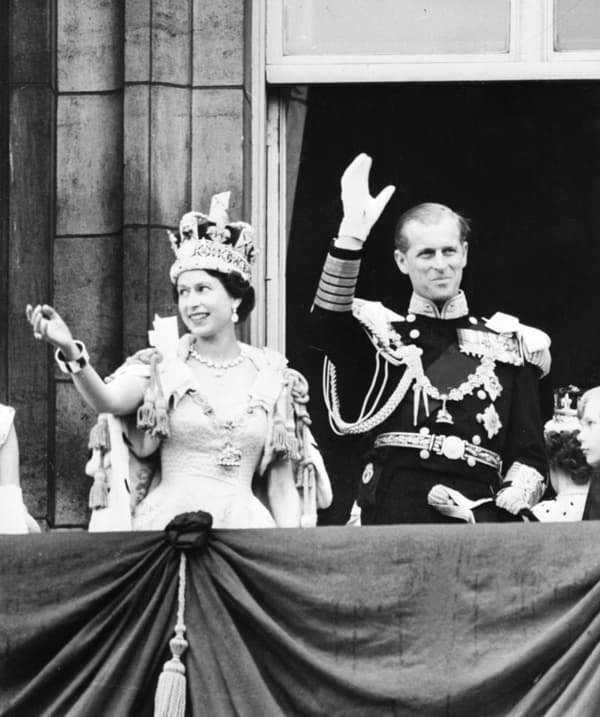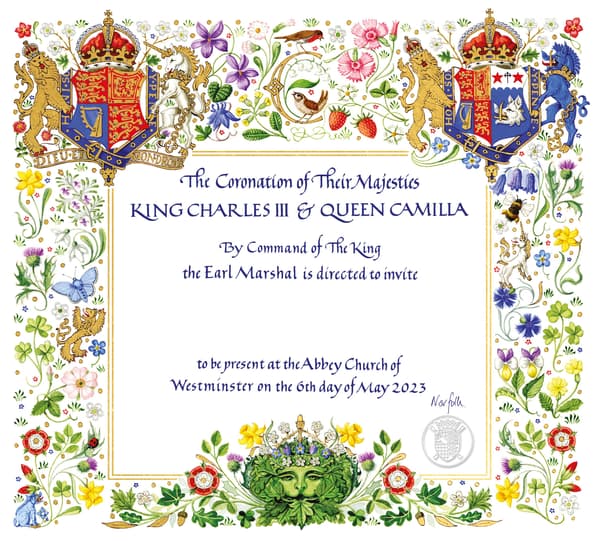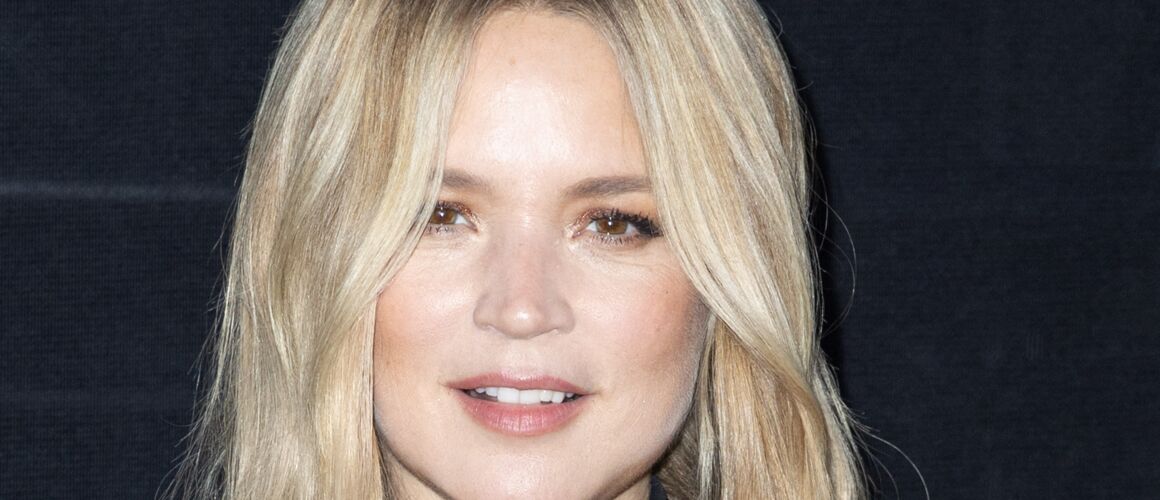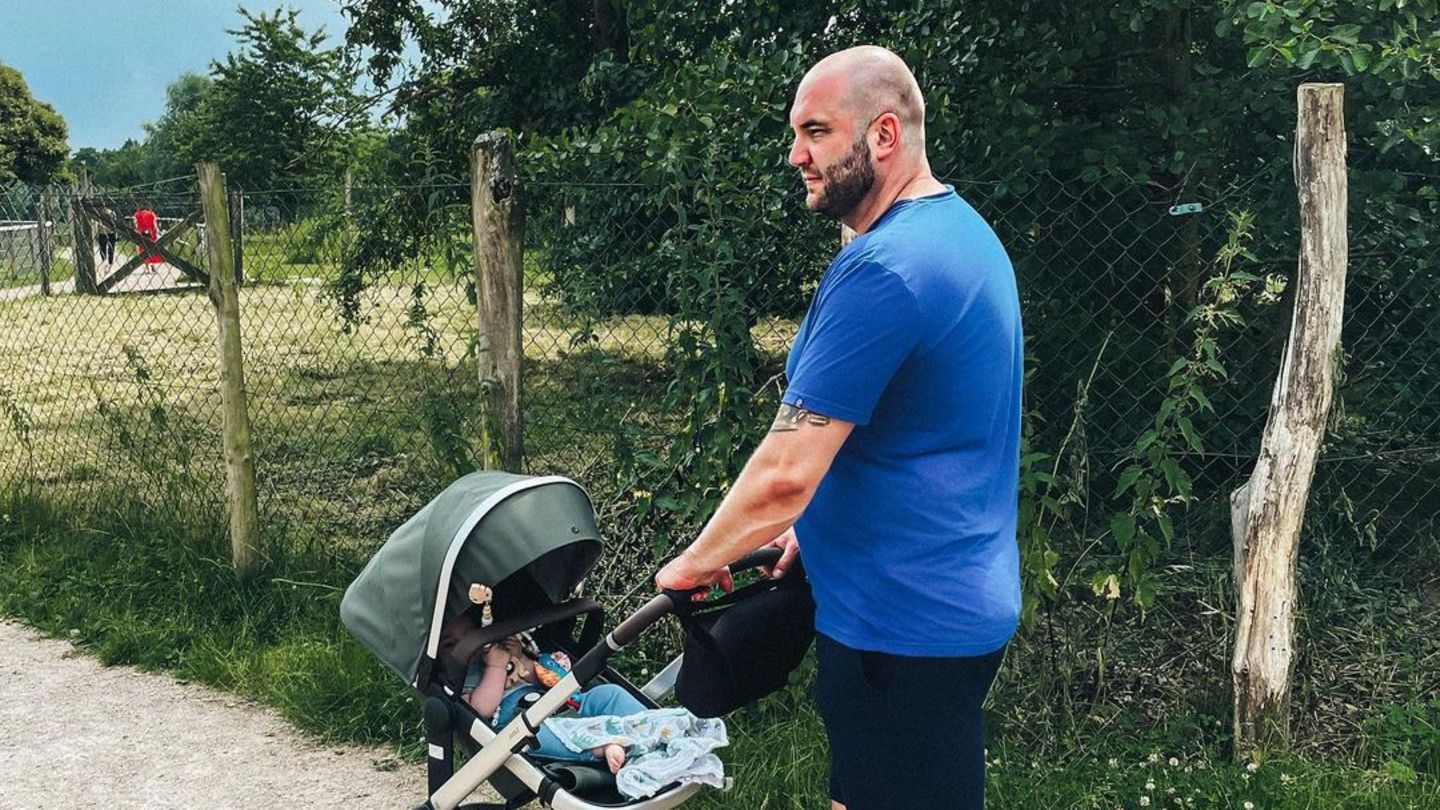King Charles, crowned on May 6, will try to leave his mark on this historic event. Seventy years after the coronation of his mother Elizabeth II.
Charles III, during the first months of his reign, began to print his style, quite different from that of Queen Elizabeth II. We have often seen the new king go out to meet the public, shake hands, taste the crowds, at the risk of being booed and coming up against opponents who are sometimes vehement and armed with eggs.
For his coronation, organized this Saturday, he will also try to distance himself from his mother and find his own voice. 70 years after Elizabeth II, Charles III does not have a complete choice, since he must deal with a radically different era marked by the economic crisis.
• A less lavish coronation
The period of economic crisis that the country is going through has encouraged the king to prepare a coronation “shorter, smaller and cheaper” than that of his mother.
If the king will be forced to bring out all the traditional accessories of a coronation, from the scepter to the orb through the bulb and the spoon for the anointing, he has nevertheless decided to shorten the ceremony, in order to make it less lavish. It is therefore expected that the coronation itself, at Westminster Abbey, will last only one hour, while that of Queen Elizabeth in 1953 lasted more than 3 hours.

He also invited far fewer guests to the ceremony. They will be only 2,000, when more than 8,000 people had attended the coronation of Elizabeth II. Westminster Abbey was so packed that grandstands had to be built to accommodate everyone.
The processions preceding and following the coronation will also take a much shorter route than that organized for Elizabeth II. Where the queen had traveled 8 kilometers aboard the Golden State Coach, the king will travel only 2 kilometers. This should make it possible to reduce security costs in particular.
• A “greener” crown
The coronation should also reflect the king’s commitment to the environment. Charles III thus made it known that the coronation oil, intended for the anointing of the monarch, would be totally vegan, as mentioned BBC News last March. Previous recipes included civet oil, a kind of wild cat, whose glands were used, as well as ambergris from the intestines of whales.
The sacred oil recipe will therefore only include olive oil flavored with a blend of essential oils, sesame, rose, jasmine, cinnamon, neroli and benzoin, with flower orange tree.
The king also intends to show his attachment to nature, in a host of details. Thus, the invitation to the coronation was decorated with delightful floral motifs, with strawberries, bees and butterflies.

The Archbishop of Canterbury, who will conduct the coronation ceremony, also unveiled the coronation bible, the design of which “draws both from historic coronation bibles and from her majesty’s love of nature”, said he indicated to the Times.
Another “green” element, the king chose to highlight a dish without meat, and inexpensive: a quiche with spinach, beans and tarragon, when his mother had had the “coronation chicken”, a chicken with curry sauce, which has become a classic of British gastronomy.
The only false note in this eco-friendly coronation, the scepter chosen by Camilla, which belonged to Mary of Modena in 1985, is made of ivory. The king and queen, like prince William, are however very involved in the fight against animal trafficking. A palace spokesman told the Timesthat with a collection of crown jewels the size of that of the British monarchy, finding gems from previous eras was inevitable.
• A more open coronation
The king has promised, his coronation will certainly be steeped in tradition, but it will also be modern and more inclusive. It is thus a question of reflecting the evolutions of the society, and the multicultural dimension of the country.
“There is a deep need to reflect our tradition but also to reflect the fact that we are infinitely more diverse than we were in 1953,” Justin Welby, the Archbishop of Canterbury, told the British press.
He specifies that the king took an active part in the preparation of the coronation ceremony. Charles III thus wished that representatives of other cults be invited to the ceremony.
The ceremony already has an ecumenical dimension, specifies the Timesinsofar as the sacred oil which will be used for the anointing, made with olives harvested on the Mount of Olives, was blessed by the Greek Orthodox patriarch of Jerusalem as well as by the Anglican archbishop of the city. Chief Rabbi Ephraim Mirvisand his wife, who are among the guests, will spend the night at Clarence House so they can observe Shabbat and walk to Westminster.
Moreover, and despite the relatively small number of guests, Charles insisted on inviting 850 volunteers from associations, people who have rendered service to the country and the community at their level. Among these guests, 450 received the “British Empire Medal” (BEM), a distinction which rewards voluntary or charitable work at the local level which has had a lasting impact on the country.
Finally, to allow the public to follow the ceremony, 57 large screens have been installed at various sites in London.




